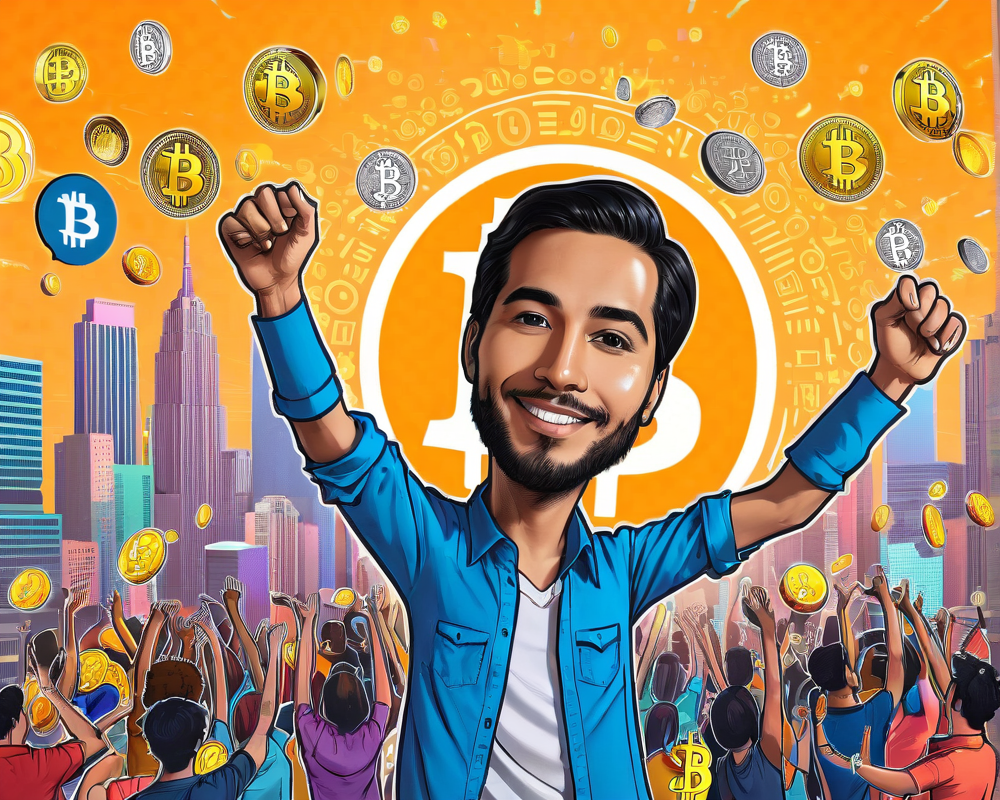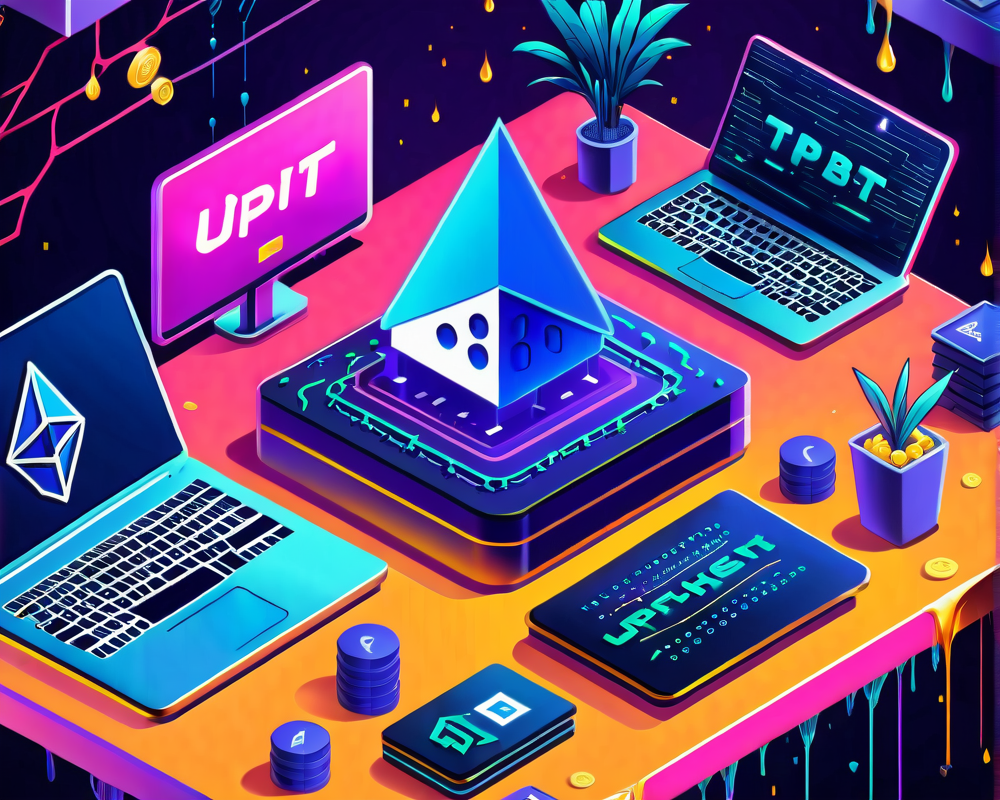From Hacker Inspiration to Bitcoin Believer
In 2011, Diego Gutiérrez Zaldívar’s journey into the world of cryptocurrencies began through a friend who dabbled in hacking. Initially, Bitcoin seemed like a novelty, something that left Diego scratching his head in confusion rather than sparking inspiration. But then came a second chance encounter: a friend from Silicon Valley, excited by Bitcoin’s potential, encouraged him to open an account at a crypto wallet service. In a whirlwind experience, Diego found himself receiving 5,000 BTC. That experience of instant transfer—costing less than a penny—was an eye-opener.
“This is how an open, inclusive financial system should feel!” he thought to himself, realizing he was witnessing the birth of something that could change the financial landscape forever.
The Vision: The Internet of Value
IOVLabs, along with initiatives like RSK and RIF, aim to create a world where financial inclusion reigns supreme. Zaldívar describes this lofty goal as building the “internet of value”—a place where people have control over their own data, identities, and money.
- Decentralization: No central authority calls the shots!
- Security: Blockchain technology safeguards your assets.
- Versatility: Works with various currencies and assets—not just Bitcoin!
Building the Ecosystem: Challenges & Innovations
Despite the visionary aims, Bitcoin’s notorious volatility raised alarms. Recognizing its shortcomings, Zaldívar and his team thought outside the box. They expanded Bitcoin’s capabilities, giving birth to RSK, allowing for a multi-faceted financial ecosystem.
But they didn’t stop there. Zaldívar noted that, even with RSK potentially handling 2,000 transactions per second, they were still far shy of giants like Alipay, which processes a staggering 85,000 transactions per second! Thus, the team developed a third layer of internet services, ensuring peer-to-peer payment processing while rooted in secure, blockchain-backed smart contracts.
The Pursuit of Community: Partnering with Taringa
The quest for a decentralized financial system involves colliding ideals with practical realities. Enter Taringa, a social network with 30 million registered users. The partnership looks to empower users and ensure they maximize the potential of Zaldívar’s tools.
“Taringa was built on principles similar to ours: allowing individuals to have a voice in a collaborative economy,” Diego said, envisioning a world where users are not just passive consumers but active participants generating and sharing value.
Regulation: The Necessary Evil?
As new technologies reshape our world, the question of regulation looms. Zaldívar has a unique take on the matter. Instead of adding more layers of bureaucracy, he suggests existing regulations should extend to include these new innovations. However, understanding the tech is paramount, as hasty regulation can stifle innovation.
“What we’re really building are protocols and languages. The regulation needs to focus on how people use these tools—not the tools themselves,” he asserts.
A Light at the End of the Tunnel: Empowering the Disempowered
In countries facing economic turmoil like Argentina and Venezuela, these technologies could act as a beacon of hope. Zaldívar believes the decentralization of power gives individuals more control, compelling governments to be responsible with economic management.
Ultimately, it’s about making these complex technologies user-friendly, allowing everyday individuals to wield their newfound power and navigate toward a brighter economic future.




